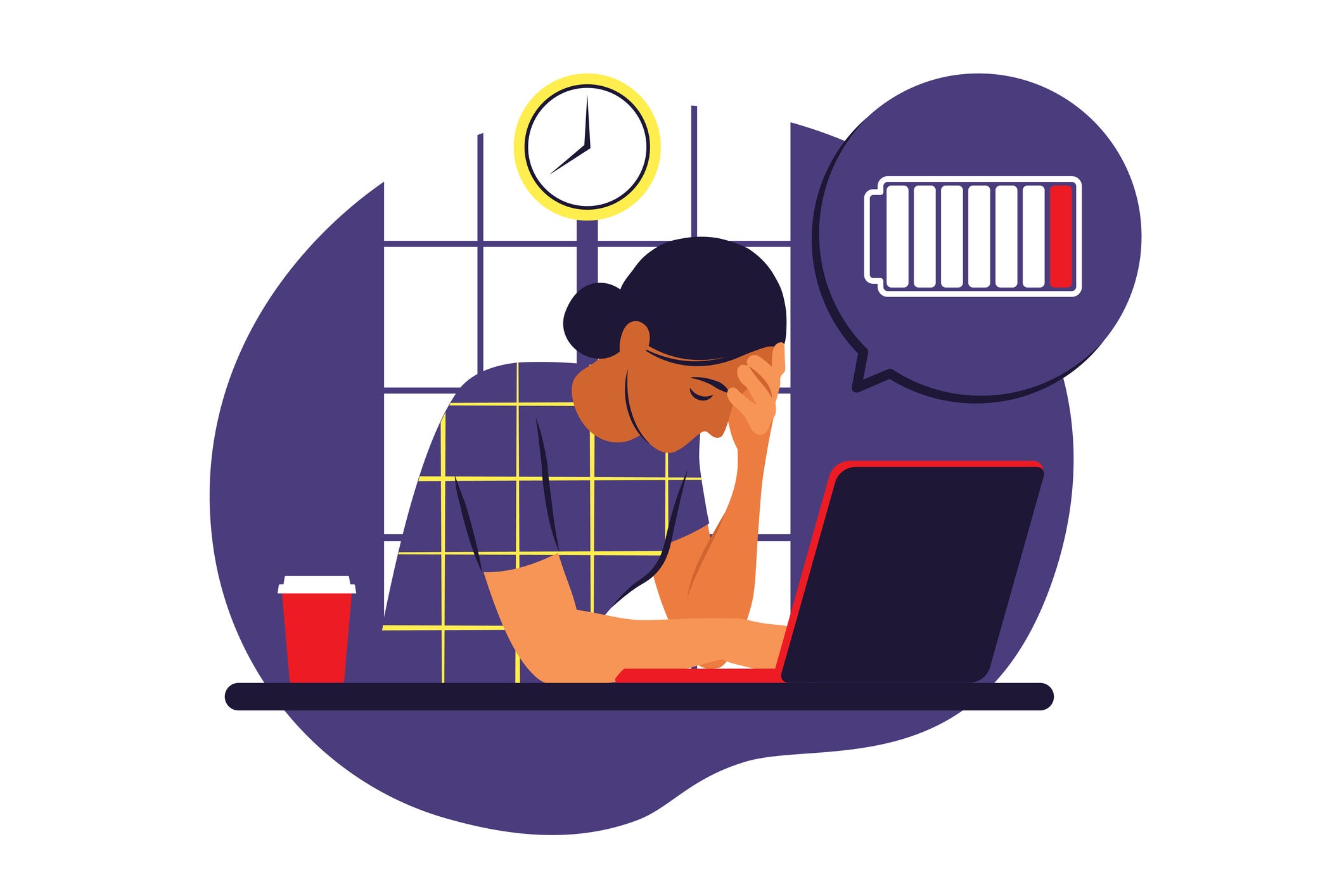Psychological safety at work is essential—especially amid crisis

Promoting psychological safety in the workplace is essential to employee wellbeing and retention, especially during times of crisis—when, ironically, psychological safety is likeliest to dwindle, according to a study co-authored by Harvard T.H. Chan School of Public Health’s Michaela Kerrissey.
Kerrissey, associate professor of management, co-wrote the study with Harvard Business School’s Amy Edmondson and Hassina Bahadurzada. It was published in the International Journal of Public Health in May 2024 and was the subject of a Nov. 5 article in Harvard Business School Working Knowledge. (This article later appeared in Harvard Business Review.)
According to the researchers, many employers consider efforts to foster psychological safety—defined in the study as “the belief that speaking up will not lead to embarrassment, rejection, or punishment”—as nice, but nonessential to have. During times of austerity, struggle, or tumult, cultivating a climate of psychological safety can fall by the wayside. To understand the impact on employees, the researchers examined survey data from more than 27,000 U.S. health care workers, who responded to questions about psychological safety, burnout, and retention in May 2019 and May 2021—before and during the height of the COVID-19 pandemic.
The study found that in workplaces with higher levels of psychological safety, employees were less prone to burnout, even during periods of intense stress and resource constraints. The researchers also observed that employees who reported higher levels of psychological safety in 2019 were more likely in 2021 to report a willingness to stay in their jobs—suggesting a longer-term protective effect. Increased psychological safety was particularly protective for physicians, women, and people of color, all of whom experienced high levels of burnout during the pandemic and some of whom are historically less listened to.
“For many years, the theory has been that people get burned out as their resources get depleted,” Kerrissey said in the Working Knowledge article. “By thinking of psychological safety as a ‘social resource’ we unlock a whole new aspect of reducing burnout that can be helpful to physicians—and likely people in other high-pressure industries.”
“At its core, the paper is about adaptiveness during tough times,” she continued. “Many organizations have crisis management plans, but say less about establishing social resources, like psychological safety, during difficult times.”
Read the study:
Psychological Safety as an Enduring Resource Amid Constraints
Read the Working Knowledge article:
In Tough Times, Psychological Safety Is an Asset, Not a Luxury
Learn more:
Debunking misconceptions about workplace psychological safety (Harvard Chan School news)


